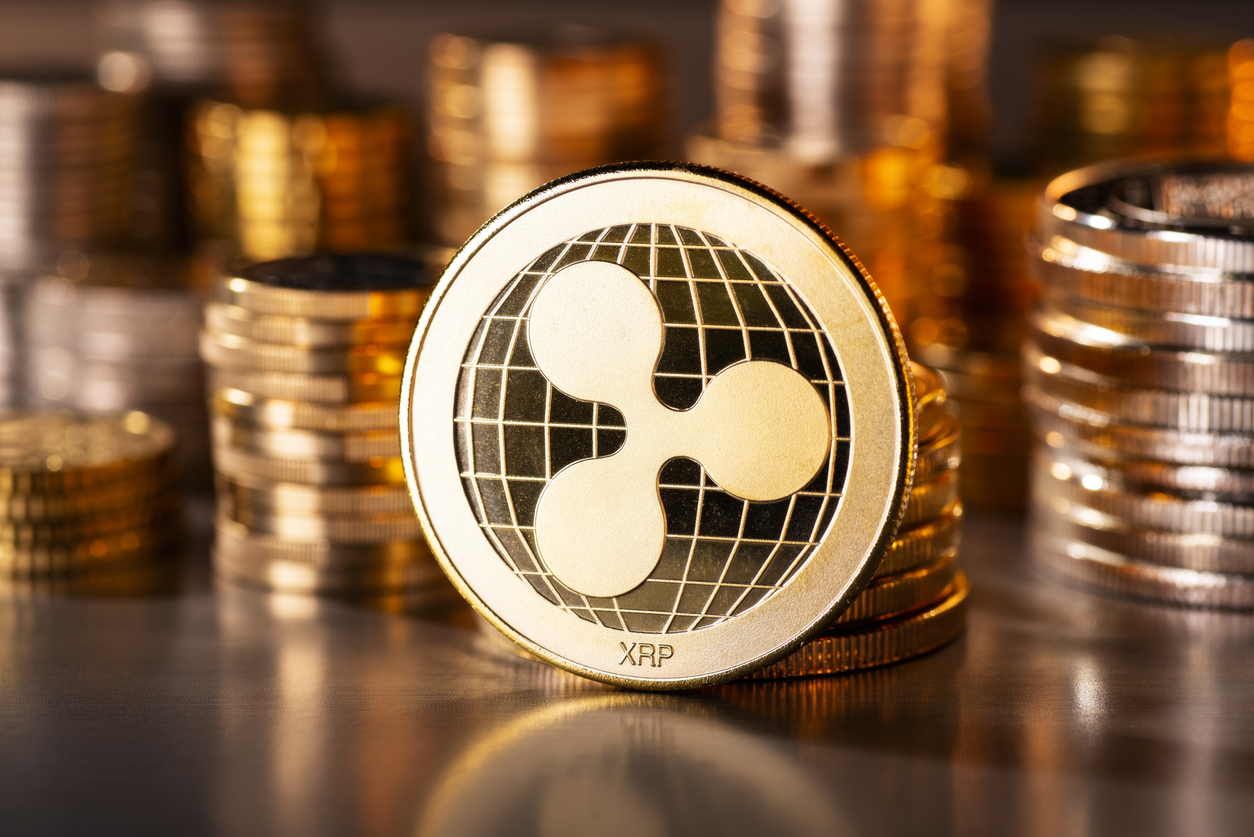As of March 2025, the Federal Reserve has not officially announced plans to integrate or utilize XRP, the cryptocurrency associated with Ripple Labs, within its monetary policy or payment systems. However, recent developments indicate a growing interest from the Federal Reserve to incorporate various cryptocurrencies, including XRP, into the U.S. government’s financial strategies.
President Trump’s Strategic Crypto Reserve
On March 2, 2025, President Donald Trump announced the creation of a strategic national cryptocurrency reserve. This reserve is set to include Bitcoin (BTC), Ethereum (ETH), Ripple’s XRP, Solana (SOL), and Cardano (ADA). The initiative aims to “elevate this critical industry” and position the United States as “the Crypto Capital of the World”.
The announcement led to significant market reactions. Bitcoin’s price surged over 11%, reaching $94,164, while Ethereum saw a 13% increase to $2,516. XRP and other mentioned cryptocurrencies also experienced substantial gains .finance.yahoo.com+6F N London+6newyorker.com+6Reuters
Federal Reserve’s Stance on XRP
Despite the inclusion of XRP in the proposed strategic reserve, the Federal Reserve has not confirmed any plans to adopt XRP for its payment systems. The Federal Reserve’s FedNow Service, slated for launch in 2023, is designed to enable instant payments between financial institutions. While the service aims to enhance the U.S. payment infrastructure, there is no official indication that it will incorporate XRP or any other cryptocurrency .ReutersFederal
Industry Perspectives and Speculations
The crypto community has been abuzz with speculation regarding the potential integration of XRP into federal financial systems. Some analysts believe that incorporating XRP could enhance liquidity and efficiency in cross-border transactions. However, others caution that such a move would require comprehensive regulatory frameworks and a thorough assessment of the implications for monetary policy and financial stability.reddit.com
While President Trump’s proposal to include XRP in a strategic cryptocurrency reserve marks a significant development, there is currently no official plan by the Federal Reserve to adopt XRP within its operations. As the financial landscape continues to evolve, it remains essential to monitor official communications from federal entities regarding the integration of cryptocurrencies into national financial systems.




